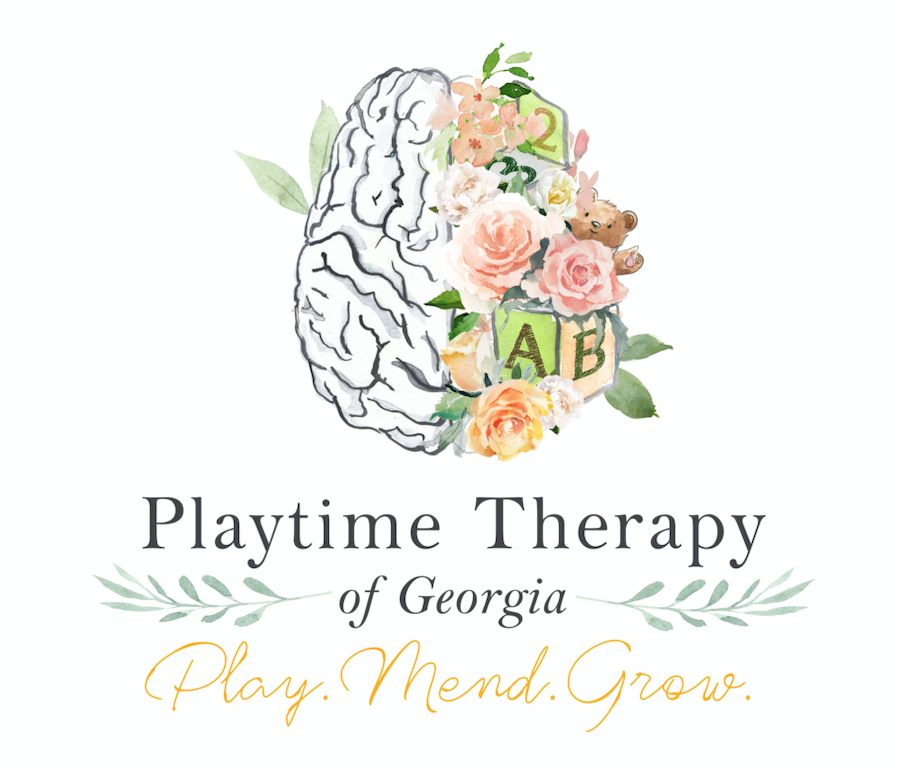In my various community circles, I notice a lot of inquiries from parents asking for a provider to work with their child. However, they are often are unsure of what service they need. This is a question I see quite a bit, so I thought I would create a little guide to easily discern between the three major types of mental health care available to families.
The following information is based on my professional experience as a licensed counselor and child and perinatal therapist. It certainly does not encompass everything there is to know about different types of care, but it briefly summarizes the major types and will hopefully be helpful for you!
Psychiatrists
Psychiatrists are typically associated with medication management. Usually, a plan of care is established and consists of meeting on a monthly or as-needed basis to manage prescription medicine. Families often seek out this option after they have received a formal diagnosis (such as ADHD, depression, or anxiety) and believe that the additional support of medicine will help alleviate their child’s symptoms and improve their quality of life. Some psychiatrists provide weekly or regular therapy services, but this varies across providers.
Psychologists
Psychologists typically provide psychological assessments. They assess for autism, ADHD, mood disorders, and more, as well as provide IQ tests and reports on overall functioning. Most visits with psychologists are short term, only lasting a few sessions or however long it takes to complete the assessments. In my experience, many families seek out a psychologist when they need an IEP for school support or when their child’s presenting symptoms require further evaluation than a psychiatrist or counselor can provide. Psychologists do not prescribe medication nor offer medication management. Some psychologists do offer therapy in addition to assessments. It varies across providers.
Counselors
Counselors assist with everyday regulation, emotional, and relational support to relieve stress and improve quality of life. This type of support is typically an ongoing relationship with frequent meetings (usually one a week or once every two weeks, but this varies across providers and client needs). Counselors screen for a variety of diagnoses (ADHD, anxiety, depression, OCD, trauma, and more), diagnose, and treat according to their specialty. When it comes to types of counselors, it is important to find a counselor that meets your specific needs. You can read more about finding a good counselor here.
I hope this was helpful for you! If you are still questioning what type of care you or your child may need, feel free to reach out to me for a consultation. I offer developmental consultations for parents who are curious about the appropriate next steps for their child. Let me know if I can help guide you across next steps. Hopefully I can help this process seem less overwhelming!
Wishing you success,
Ashley





